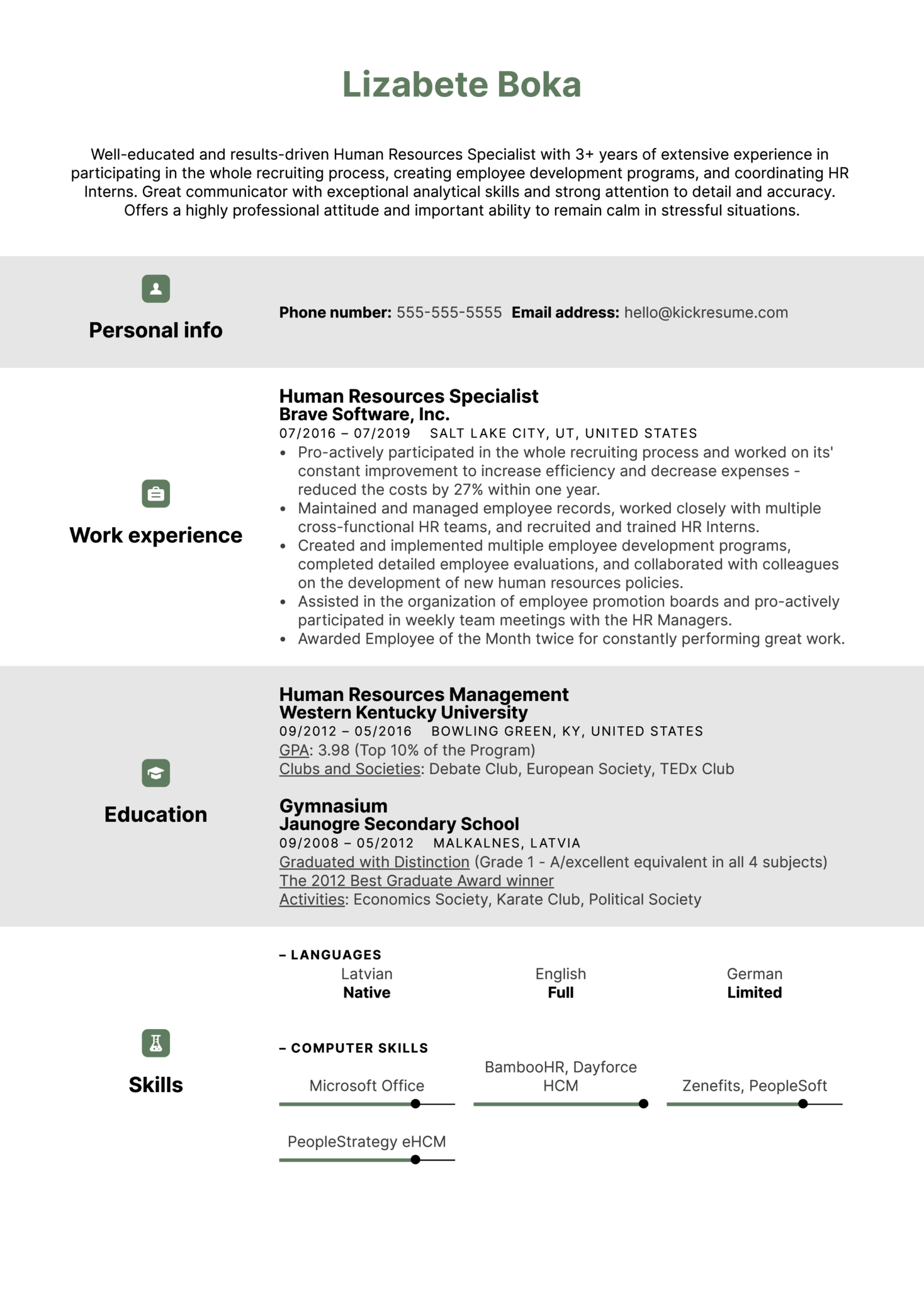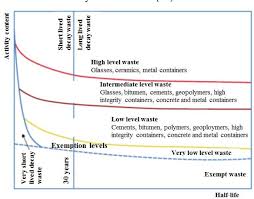
If you're ready to take the next step in your career, consider earning your bachelor's in supply chain management. A 120-credit program gives you in-depth knowledge of operations management and logistics. The program is accredited through NEASC. It includes topics such continuous improvement tools. U.S. News has ranked this program as a top-rated online program.
Online supply chain management degree programs
You can advance your career by completing an online supply chain management degree program. These programs focus on logistics, warehouse operations, and communication, and prepare you for today's tough challenges. Learn how to negotiate with suppliers and maximize warehouse efficiency. These programs are flexible and you can choose to earn a degree either part-time (or full-time).
Depending on the program you choose, the cost of an online supply chain management degree program can be as low as $8,550. Consider your location as well, since many colleges will charge higher tuition for students living outside of their home state. Private scholarships can be used to fund your education. Technology costs are often included in tuition. A supply chain management degree program will typically cost between $36,000 and $64,000 for a full-time student.

Accredited Supply Chain Management Degree Programs
An accredited supply chain management degree program can help students acquire the skills needed to succeed in the field. These online degrees are available in a wide range of subjects. Some degree programs include a capstone, internship, or study abroad. The curriculum of these programs is not as detailed as a traditional degree but it's designed to be flexible.
For students interested in a career as a supply chain manager, they will need to be able to communicate, problem-solve, and analyze. For this job, you will need to have a strong understanding of business systems and a strong business background.
Programs in supply chain management for distance learning
There are many institutions that offer online supply chain management degrees. Some schools can be accredited by Higher Learning Commission. Online students receive the same support and resources that on-campus students. Many of the top online degree programs combine online classes with traditional classroom teaching.
The cost of an online degree in supply chain management varies depending on a number of factors. A key factor in determining whether or not a student resides in the state where the school is situated is whether they are eligible for financial aid. Some colleges charge higher tuition for out-of-state students, while others charge a flat rate for all students. Additionally, students should factor in technology fees. On average, students should budget $36,000 to $64,000 per year for tuition and fees.

Rankings of supply chain management degree programmes
According to the latest ranking of supply chain management degrees programs, the University of Arkansas has retained its pole position by securing a spot in Top 3. The University of South Carolina (UCS) and the University of Tennessee (UTM) round out the top three. But the top schools are usually more expensive and more competitive. Recent years have seen the shift in supply chain management to focus more on sustainability and risk management.
USC Marshall School of Business is another reputable institution that has a flexible program that can be completed on campus or online. The Alliance Manchester Business School and Trinity Business School are also top-ranked. Purdue University and the University of Washington Foster School of Business round out the top 10. The rankings are based on a study of over 50,000 business leaders who have graduated from business schools around the world.
FAQ
What role does a manager play in a company?
The role of a manager varies from one industry to another.
Managers generally oversee the day-today operations of a business.
He/she will ensure that the company fulfills its financial obligations.
He/she will ensure that employees follow all rules and regulations, and adhere to quality standards.
He/she oversees marketing campaigns and plans new products.
It can sometimes seem difficult to make business decisions.
Complex systems and many moving parts make up businesses. It is difficult for people in charge of businesses to manage multiple priorities simultaneously and also deal with uncertainty.
The key to making good decisions is to understand how these factors affect the system as a whole.
You must first consider what each piece of the system does and why. Then, you need to think about how these pieces interact with one another.
Also, you should ask yourself if there have been any assumptions in your past behavior. If you don't have any, it may be time to revisit them.
If you're still stuck after all this, try asking someone else for help. They might see things differently than you and may have some insights that could help find a solution.
What is TQM?
When manufacturing companies realized that price was not enough to compete, the industrial revolution brought about the quality movement. They needed to improve quality and efficiency if they were going to remain competitive.
Management realized the need to improve and created Total Quality Management, which focused on improving all aspects within an organization's performance. It included continuous improvement and employee involvement as well as customer satisfaction.
Statistics
- UpCounsel accepts only the top 5 percent of lawyers on its site. (upcounsel.com)
- Our program is 100% engineered for your success. (online.uc.edu)
- This field is expected to grow about 7% by 2028, a bit faster than the national average for job growth. (wgu.edu)
- Your choice in Step 5 may very likely be the same or similar to the alternative you placed at the top of your list at the end of Step 4. (umassd.edu)
- The average salary for financial advisors in 2021 is around $60,000 per year, with the top 10% of the profession making more than $111,000 per year. (wgu.edu)
External Links
How To
How do you implement a Quality Management Plan (QMP)?
QMP (Quality Management Plan) is a system to improve products and services by implementing continuous improvement. It helps to improve customer satisfaction and product/service quality by continuously measuring, analyzing, controlling and improving.
The QMP is a standard method used to ensure good business performance. QMP is a standard method that improves the production process, service delivery, customer relationship, and overall business performance. A QMP should include all three aspects - Processes, Products, and Services. If the QMP focuses on one aspect, it is called "Process." QMP. QMPs that focus on a Product/Service are known as "Product" QMPs. The QMP that focuses on customer relationships is known as the "Customer" QMP.
Two main elements are required for the implementation of a QMP. They are Scope and Strategy. These are the following:
Scope: This is the scope of the QMP and its duration. For example, if your organization wants to implement a QMP for six months, this scope will define the activities performed during the first six months.
Strategy: This describes the steps taken towards achieving the goals set forth in the scope.
A typical QMP has five phases: Planning (Design, Development), Implementation (Implementation), and Maintenance. Each phase is explained below:
Planning: This stage determines the QMP goals and prioritizes them. In order to fully understand and meet the needs of all stakeholders involved in this project, they are consulted. After identifying the objectives, priorities, and stakeholder involvement, the next step is to develop the strategy for achieving these objectives.
Design: This stage is where the design team creates the vision, mission and strategies necessary for successful implementation of QMP. These strategies are then put into practice by creating detailed plans.
Development: Here, the development team works towards building the necessary capabilities and resources to support the implementation of the QMP successfully.
Implementation: This is the actual implementation and use of the QMP's planned strategies.
Maintenance: Maintaining the QMP over time is an ongoing effort.
Additionally, the QMP should include additional items:
Stakeholder Involvement: Stakeholders are important for the success of the QMP. They need to be actively involved in the planning, design, development, implementation, and maintenance stages of the QMP.
Project Initiation - A clear understanding of the problem statement, and the solution is necessary for any project to be initiated. Also, the initiator should understand why they are doing it and what they expect.
Time frame: The QMP's timeframe is critical. You can use a simplified version if you are only going to be using the QMP for short periods. For a long-term commitment you may need more complicated versions.
Cost Estimation is another important aspect of the QMP. Without knowing how much you will spend, planning is impossible. It is therefore important to calculate the cost before you start the QMP.
QMPs are not only a document, but also a living document. This is the most important aspect of QMPs. It evolves as the company grows and changes. It is important to review it periodically to ensure it meets all current requirements.